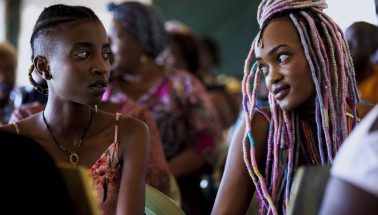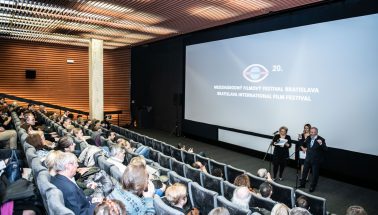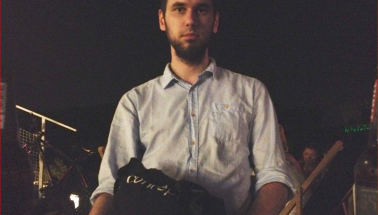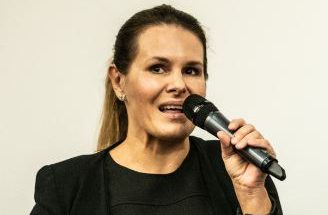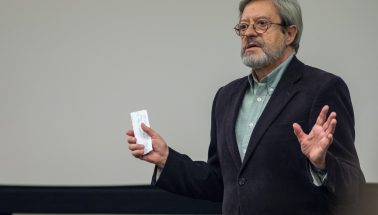“These films were among the most awarded debut films at this year’s leading festivals”
Nenad Dukić. Serbian film critic, who has been collaborating with the team of people preparing The Bratislava International Film Festival for 8 years now. This year (the 20th anniversary of the festival’s existence), he is again the compiler of the Fiction Competition and co-compiler of the section Cinema Now.
On various occasions, you have repeatedly stated that choosing the right films depends on their quality. How would you define quality? What are the attributes proving that a film is good or valuable enough?
Question of value is one of most sensitive and difficult matters in aesthetics. That’s why serious art, theatre, literature and film critics try to avoid valuing when analysing certain artefact. However, especially with films and filmmaking, the public are expecting critics to give their opinion – whether a film is a good or a bad one and why.
There are a few parameters crucial for evaluating the quality of a film. The main one is how strong and developed is the film language the director has used in filmmaking. Then comes the visual quality of the film, its storytelling and how successful the director was in directing the actors. All these aspects of a film should be in a good balance so that the film functions as a harmonious whole.
Where and how did you get your tips for this year’s festival and how many films did you see until you decided that these are the right ones for the 20th IFF Bratislava?
The process of selecting films for the programme involves a continuous monitoring of world production of that particular year. Mostly I see them in the programmes of leading film festivals, such as Cannes, Venice, Berlin, or Karlovy Vary. Then there are films that producers recommend me to see and consider for the programme and finally, films that are submitted directly to the Bratislava IFF.
I don’t know the exact number, but it must be around 150 films that I saw in order to select eight for the competition.
Seven years ago in one of your interviews you mentioned that the current film production is in a global crisis, that there are no big names or strong movies anywhere. You claimed that before there would be fifteen, maybe twenty films produced every year that strongly influenced the whole cinema. Has your opinion changed or is the situation still so gloomy?
Those “golden days” are gone as there are no more big authors or big film personalities. The days of Fellini, Kurosawa, Tarkovsky, Bunuel and Bergman are gone and the new names of the 80s and 90s era such as Almodovar, Kaurismäki, Kusturica or Kopola made some very good films, but not movies of such format and such strong author poetics. In recent years there has been a number of films of high quality, the same is true also about this year’s production, but not too many of those films will be seen as adding a big value in the context of film history.
So, unfortunately, things haven’t changed a lot.
I know this must be a very difficult question for the compiler of two of the festival’s load-bearing sections, but could you share your tips for the films that the audience should definitely see?
Eight films in this year’s competition program are one possible way of how to see the best debut films in this year’s production. If you extend this list by the Belgium film Girl by Lukas Dhont (the film that we will present in the LUX Prize section), then, in my opinion, you will end up with a very good overview of the best work of young filmmakers today.
Every choice depends on criteria and taste of the festival programmer, but it’s turned out that these films were among the most awarded debut films at this year’s leading festivals.
Films of these eight first-time directors are brave in focusing on problems young people around the world are dealing with today; they are strong in storytelling and very rich in the sense of film language. I think that’s enough reasons to be seen by Bratislava audience, especially young audience.
It wouldn’t be fair and wouldn’t be right that I make a choice among selected films as for all of them there are some special reason why a particular film is in the programme. However, if you insist, don’t miss the Norwegian film Blind Spot by Tuva Novotny and Kyrgyz-Russian film Suleiman Mountain by Elizaveta Stishova from the Fiction Competition and At Eternity’s Gate by Julian Schnabel from the programme of Cinema Now.
Thank you for the interview.
See you in the cinemas!
Anna Kačincová Predmerská

